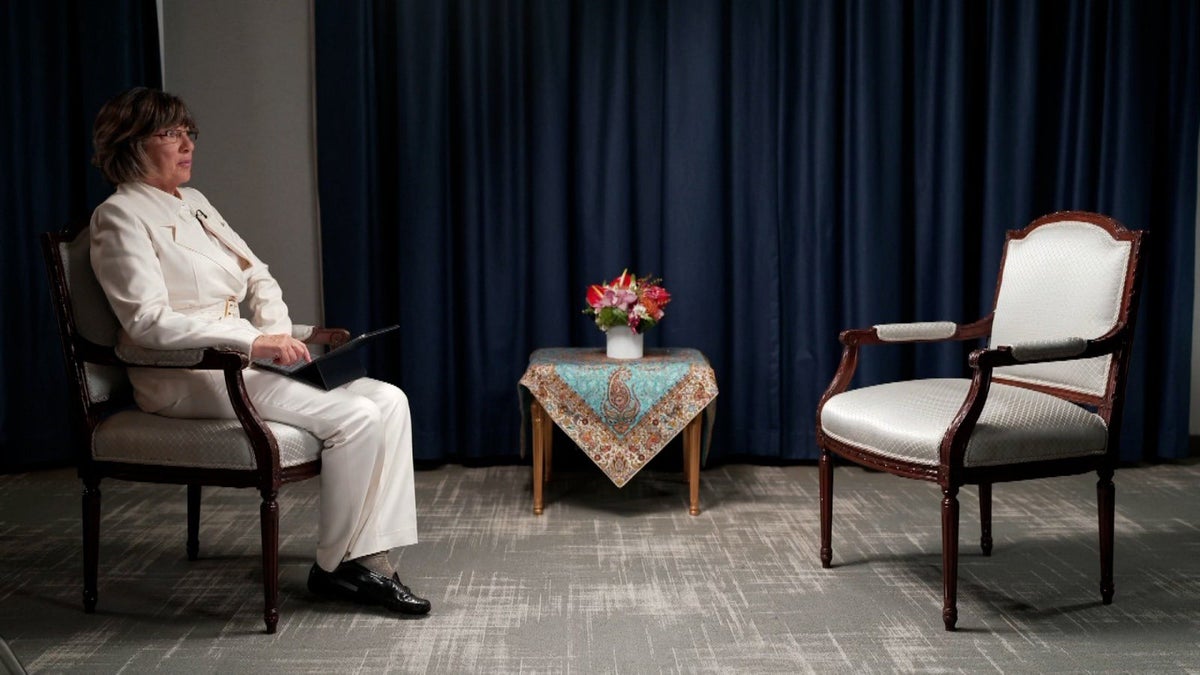
Iran’s president Ebrahim Raisi backed out of a scheduled interview with veteran journalist Christiane Amanpour this week after she refused to wear a headscarf for the meeting, she revealed in a series of tweets.
The CNN International anchor said the interview was scheduled for Wednesday night, on the sidelines of the United Nations General Assembly, and was due to be Mr Raisi’s first on US soil.
Mr Raisi’s visit to the US comes as protests have broken out across Iran over the killing of a 22-year-old woman who was in the custody of the morality police, which enforces the Islamic Republic’s strict religious laws.
“After weeks of planning and eight hours of setting up translation equipment, lights and cameras, we were ready. But no sign of President Raisi,” Ms Amanpour wrote on Twitter.
Some 40 minutes after the interview was due to start, Ms Amanpour said she was approached by an aide to the president, who suggested she wear a headscarf.
“I politely declined. We are in New York, where there is no law or tradition regarding headscarves. I pointed out that no previous Iranian president has required this when I have interviewed them outside Iran,” she wrote.
“The aide made it clear that the interview would not happen if I did not wear a headscarf. He said it was ‘a matter of respect’, and referred to ‘the situation in Iran – alluding to the protests sweeping the country,” she continued.
Ms Amanpour again said she couldn’t agree to the “unprecedented and unexpected condition”.
She added: “And so we walked away. The interview didn’t happen. As protests continue in Iran and people are being killed, it would have been an important moment to speak with President Raisi.”
Protests have spread across Iran following the death of Mahsa Amini, who was detained over the weekend by the morality police for allegedly violating the country’s strict dress code for women. Iranian police reportedly said she died of a heart attack, but her family has cast doubt on the claim. Eyewitnesses reportedly saw Amini being beaten by the police during her arrest and images shared from her hospital bed showed her bleeding from the ears and with bruising under her eyes.
As protests have broken out in at least 12 cities, according to a tally by the Associated Press, authorities have moved to disrupt internet access and outages have been reported on Instagram and WhatsApp.
The protests have grown in size and in some places transformed from anger over Amini’s death into a direct challenge to the Iranian government. Videos posted online show protesters chanting “death to the dictator”.







